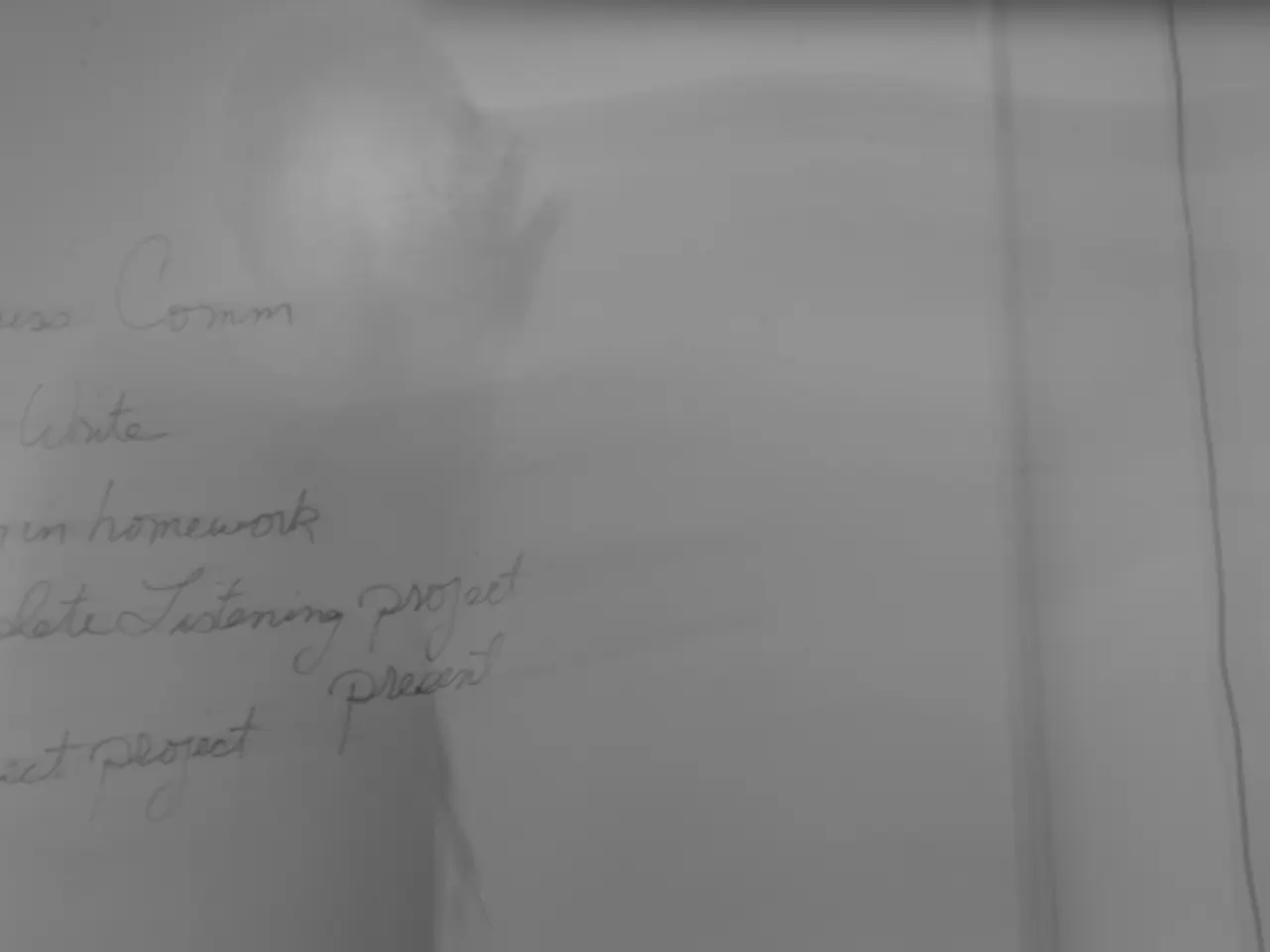Online gambling restriction to fuel black market activities, according to Philippines' Marcos
In an interview with GMA News, Philippine President Ferdinand Marcos Jr. announced a plan to convene a conference of stakeholders to craft a policy addressing the social effects of online gambling. The policy, aimed at preventing minors from participating in online gambling activities and protecting the poor from accumulating debt due to gambling addiction, will be developed with input from industry leaders and church officials.
Marcos's policy aims to address the issue of online gambling's social effects, particularly on children and those addicted to gambling. The Philippines regulates online gambling primarily through the Philippine Amusement and Gaming Corporation (PAGCOR), which issues licenses and enforces regulations for both land-based and online gaming operators.
Key policies and measures include stricter licensing for online gambling operators, age restrictions, the use of technology to detect problem gambling, public and religious advocacy, responsible gambling rules, and proposals for further strict enforcement.
PAGCOR has intensified controls on online gambling operators, especially after the 2024 ban on Philippine Offshore Gaming Operators (POGOs) targeting the Chinese market. The regulator plans to privatize many casinos and shift its focus toward stricter regulation, including cracking down on unlicensed sites. The legal age to participate in gambling activities, including online, is 21 years old as mandated by Philippine law, and licensing requirements enforce this to keep minors from betting.
PAGCOR is adopting technologies such as AI to identify and flag problem gambling behaviors in online platforms, which can assist in early intervention and prevention of gambling addiction. The Catholic Bishops' Conference of the Philippines (CBCP) has publicly warned against the social harms of online gambling, likening it to a social plague and calling for responsible regulation.
The Philippine regulator and associated councils have strengthened rules around gambling advertisements to prevent aggressive promotion that could target vulnerable populations like the poor. There are proposals from several government bodies, including the central bank, to impose stricter controls on online gambling transactions and ensure compliance with anti-money laundering and consumer protection protocols.
Industry leader Digiplus supports tighter regulation of online gambling platforms, as a ban on licensed platforms may shift users to unregulated black markets. Lawmakers and church officials have called for curbs on Internet betting, citing risks of addiction that could harm families and impact households' finances, especially among the poor. According to Marcos, a total ban on online gambling would lead to a proliferation of illicit operations.
The focus of the policy will be on preventing minors from betting and the poor from accumulating debt due to gambling addiction. The Philippine central bank is finalizing rules to require banks, e-wallets, and other financial service providers to adopt stronger safeguards against gambling-related harm. While online gambling remains legal and regulated in the Philippines, active efforts continue to upgrade the regulatory framework with social protections in mind, leveraging both legal provisions and advanced technologies to mitigate negative impacts.
Read also:
- Executive of Hard Rock Dismissed amid Scandal, Casino License in New York Under Consideration
- Florida Woman Found Guilty of Deception in Connection with Las Vegas Sands Casino Project
- UK Government Praise Received from London Casino Executive for Implemented Casino Reforms
- Iran Faces New Restrictions as KRAIL Imposes Penalties: Purpose Unclear








